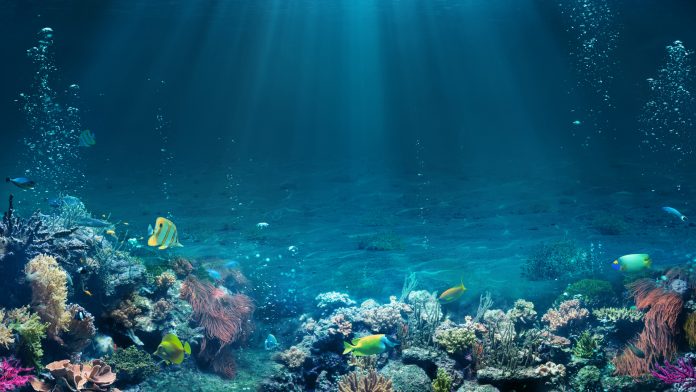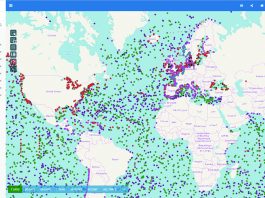A novel tool has been developed that will enable scientists to determine how centuries of fossil fuel emissions may be distorting the data they collect from marine ecosystems.
Researchers at the University of Alaska Fairbanks have been leading the study that has developed a method for marine scientists to factor in fossil fuel emissions, significantly, anthropogenic carbon dioxide, that are being absorbed by oceans into their results.
Currently, these manmade carbon sources can distort research outcomes – a dilemma known as the Suess effect – resulting in inconsistent conclusions about the health and productivity of marine ecosystems.
The research on the innovative tool was outlined in a paper published in the journal Methods in Ecology and Evolution.
“The baseline carbon signature looks different than it did before the Industrial Revolution,” said Casey Clark, a former UAF postdoctoral researcher. “People have known this for a while, but there hasn’t been a consistent way to correct for a potential bias in the data.”
The newly developed tool will enable scientists to factor in the Suess effect in regions such as Bering Sea, Aleutian Islands, and Gulf of Alaska. As well as this, it will permit researchers to introduce data from other marine ecosystems, possibly making it valuable to scientists all around the world.
The tool will be used for stable isotope analysis, which is invaluable for studying animals and plants. The ratio of isotopes in animal tissues provides a distinctive chemical signature, delivering an extraordinarily precise image of what those species consumed and where they lived.
However, carbon, a key focus of isotope analysis, has proven more challenging as humans introduce more of the elements into the atmosphere and oceans.
“Not only are we shifting the global climate, we have changed the baseline of what type of carbon is out there,” explained Nicole Misarti, the director of UAF’s Water and Environmental Research Center and a co-author of the paper.
Researchers who work with ancient specimens, such as archaeologists and palaeontologists, often have their results particularly distorted by fossil fuel emissions, but the new study indicates that even researchers who want to compare today’s data to information collected as recently as eight years ago must account for the Suess effect.
“What we did is develop a tool that will let people adapt for those changes,” Misarti added. “It disentangles that human impact from other ecosystem changes.”





